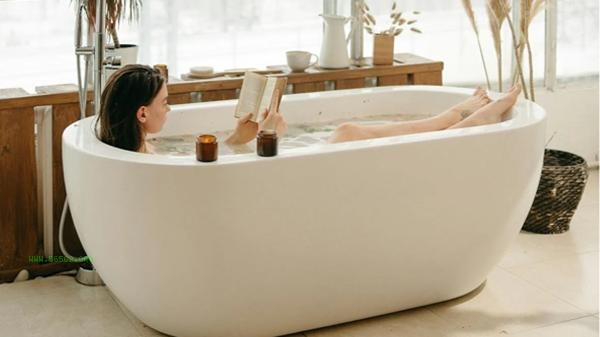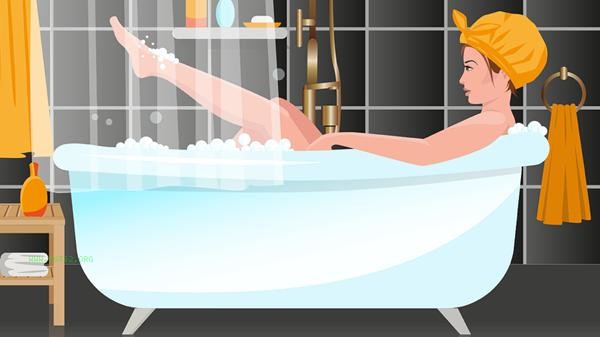Excessive bathing frequency may cause damage to the skin barrier function, but the specific impact varies from person to person. Moderate cleaning helps maintain skin health, while excessive cleaning may damage the sebum membrane, leading to dry or sensitive skin. There is a natural protective layer on the surface of the skin composed of sebum secreted by sebaceous glands and keratinocytes, which can lock in moisture and resist external stimuli. A short warm water shower once a day usually does not cause significant harm, and using mild soap free bath products can reduce damage to the sebum membrane. Reducing the frequency of winter bathing appropriately for middle-aged and elderly people or those with dry skin can help avoid itching and flaking caused by sebum loss. Long term high-temperature hot washing or multiple daily cleanings can accelerate the dehydration of the stratum corneum and reduce the skin's defense ability. Some individuals may develop hypolipidemic eczema or contact dermatitis, characterized by redness, cracking, and other symptoms. The use of strong cleaning products or hard scrubbing tools can exacerbate this damage, and immunocompromised patients are more likely to develop opportunistic infections such as Staphylococcus aureus.

It is recommended to adjust the cleaning frequency according to seasonal changes. In summer, it can be washed daily, and in winter, cleaning every other day is more suitable. Applying a moisturizer containing ceramide within 3 minutes after bathing can effectively repair the barrier. When experiencing persistent skin pain, flaking, and other symptoms, it is important to seek timely medical attention from a dermatologist and avoid self administering potent steroid ointments.










Comments (0)
Leave a Comment
No comments yet
Be the first to share your thoughts!